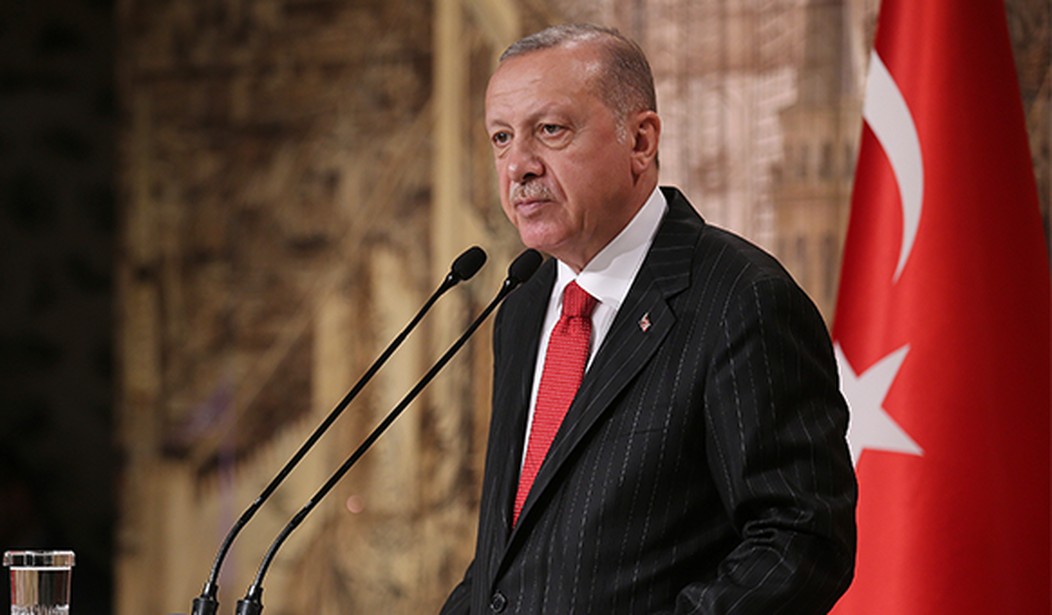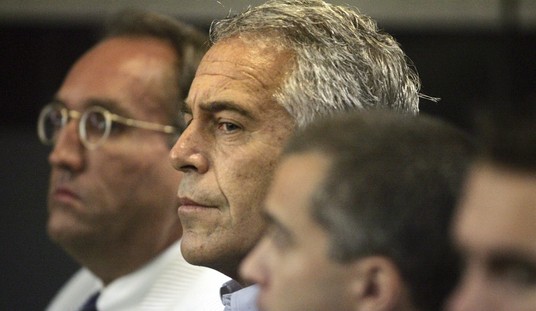Turkey’s President Tayyip Erdogan is running for re-election in a vote to be held on Sunday, May 14. And for the first time since he became prime minister in 2003, Erdogan is facing the possibility of defeat.
The difference in this election is that for the first time in the Erdogan era, the opposition is united. A fractured opposition in the past has allowed Erdogan to win despite not receiving a majority. This time, the prospect of actually gaining victory has united the opposition in a bid to bring Erdogan down.
It’s not going to be easy. Erdogan has total control of the apparatus of the state, the judiciary, the media, and other state institutions, including the electoral system. He has cheated in the past, including allegations of fraud and voting irregularities in 2014, 2017, and 2019.
Erdogan has gone to great lengths to guarantee victory for the AKP — his Justice and Development Party — by polarizing the public, persecuting opposition figures, and muzzling independent media. But as powerful as Erdogan has become, his mismanagement of the economy and wretched response to the terrible earthquake in the south last February would doom him in a fair election.
But will it be fair?
Despite growing repression, the country’s civil society remains vibrant and hell-bent on defending election integrity. Civil society organizations have played a heroic role in recent elections by mobilizing election monitoring networks and increasing transparency. With Erdogan looking vulnerable, they are now gearing up to be more organized and vigilant than ever. Whichever tactics Erdogan and the AKP deploy are sure to face close scrutiny—and formidable resistance.
Turkey has always been a nation torn between East and West. Erdogan was able to cobble together a conservative coalition that included a growing Islamist movement from which Erdogan gets the lion’s share of his support. He’s also been able to use the fear of Kurdish terrorism effectively, bringing more secular, law-and-order conservatives into AKP.
But Erdogan’s hybrid mix of socialism and crony capitalism is now failing the people, and their standard of living is falling. This, more than anything else, is driving opposition to Erdogan.
Will it be enough to unseat him — especially if Erdogan pulls out his bag of dirty tricks and looks to steal the election?
Turkey’s last few elections give an idea of what to expect on May 14 in terms of potential election rigging—and flying accusations. During the 2014 local elections, voters reported short electricity cuts in cities including Ankara and Istanbul. The opposition suggested the AKP was using the outages to create a distraction and meddle with vote tallies by introducing fake ballots or by simply changing the numbers. That the ruling party prevailed—including winning the Ankara municipality despite an early vote count that indicated otherwise—only increased suspicions. Turkey’s then-energy minister sought to calm the outrage by blaming the power cuts on a stray cat. (“I’m not kidding, the cat entered the transformer,” he said.) His explanation only fanned the flames, and the cat became the focus of viral memes.
Turkey, a NATO member, has been edging closer to Russia in recent years, and its Islamist leanings have made the U.S. very nervous. But it’s Erdogan’s human rights crackdowns — especially against women — that have angered Westerners.
CHP leader Kemal Kilicdaroglu has promised to restore human rights if he’s elected. He claims there will be 22,000 poll watchers looking to make the election on the level. But there are 180,000 ballot boxes in Turkey, and there’s no way of knowing if they’re all reporting accurate votes. Even though opposition parties have the right to monitor the polls, in 2018, some 11,000 of Turkey’s 180,000 ballot boxes recorded zero votes for the CHP, which suggested that the party had no presence in these rooms on election day.
With a close election predicted, prospects for a peaceful aftermath in Turkey are not good.










